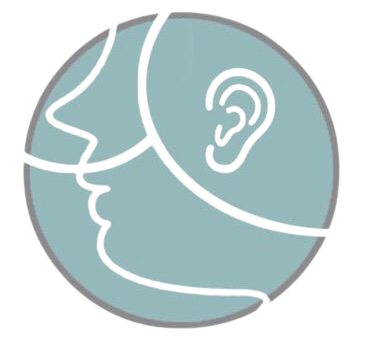Thyroid ultrasound: Everything you need to know about this key diagnostic method
- Zoran Kranjčec
- Jan 27
- 3 min read
The thyroid is a small but extremely important gland. Located at the front of the neck, it plays a huge role in our health. It regulates metabolism, energy levels, and hormonal balance in the body.
But when the thyroid gland is not working properly, symptoms are often subtle and can easily be attributed to stress, fatigue, or daily responsibilities. That's why a thyroid ultrasound is a crucial test for early detection of problems and monitoring the health of this important gland.
Our patients are often interested in what thyroid ultrasound can reveal. Below we provide details on why this method is indispensable in diagnostics!
What is a thyroid ultrasound and how does it work?
Thyroid ultrasound is a non-invasive and completely painless examination that uses sound waves to create a detailed image of the gland. This method allows doctors to assess the size, shape and structure of the thyroid gland and detect possible changes such as nodules, cysts or inflammatory processes. Ultrasound waves are completely safe for patients and do not pose any risk, unlike, for example, CT scans and X-rays, which operate on the principle of radiation and therefore, although to a very small extent, still expose patients to radiation during the procedure.
The examination only takes a few minutes, and the results are available immediately. As noted, ultrasound does not use radiation, making it safe for patients of all ages, including pregnant women .
When should you have a thyroid ultrasound?
There are several reasons why your doctor may recommend a thyroid ultrasound:
If you notice symptoms such as chronic fatigue, unexplained weight changes, sensitivity to cold or heat.
If you have visible or palpable neck enlargement.
If you feel discomfort or pressure in the throat area.
With a family history of thyroid disease.
If you have been diagnosed with hormone disorders and need to be monitored.
In the case of the presence of nodules on the thyroid gland, to assess their size and characteristics.
What can a thyroid ultrasound detect?
Our patients are often interested in what a thyroid ultrasound can reveal. This test provides an extremely detailed look at thyroid health, allowing doctors to spot even the smallest changes. Here is what is most often analyzed:
Thyroid size and shape: Ultrasound allows precise measurement of the thyroid gland's dimensions to determine whether the gland is enlarged (goiter) or shrunken (atrophy). This information helps in making a diagnosis such as Hashimoto's thyroiditis or other forms of hypothyroidism.
Presence of nodules: Thyroid nodules can be benign or malignant, and ultrasound helps in their identification and classification. It is important to assess the size, shape, and internal structure of the nodule to decide on further steps, such as cytological puncture.
Tissue texture: Homogeneous thyroid tissue usually indicates a healthy gland, while a heterogeneous structure may be a sign of inflammation or other disorders.
Cysts: Ultrasound clearly distinguishes solid nodules from cysts (which contain fluid) and helps assess their significance.
Inflammatory processes: In diseases such as thyroiditis, ultrasound may show increased blood flow through the thyroid, edema, or other signs of inflammation.
Enlarged lymph nodes: Enlarged lymph nodes near the thyroid gland may indicate infection, inflammation, or, in rare cases, another process.
Doppler analysis: Used to assess blood flow through the thyroid gland. Increased blood flow is often present in hyperthyroidism, while decreased flow may indicate hypothyroidism. Doppler also provides insight into the blood supply to certain processes in the thyroid gland, which is one of the most important pieces of information for further treatment and procedure.
Ultrasound is a key tool for monitoring thyroid health, especially in patients with already diagnosed disorders. Its precision and non-invasiveness make it an ideal choice for early detection of problems and ongoing monitoring of the condition.
Advantages of ultrasound as a diagnostic method
At Kranjčec Polyclinic, we use the most modern diagnostic equipment to ensure the accuracy and safety of every examination. Our team of experts has many years of experience in detecting and treating thyroid problems.
Speed and comfort: The examination takes only a few minutes and is completely painless.
On-site results: After the examination, our experts will go over the findings with you in detail and recommend next steps.
Individual approach: Each patient receives personalized recommendations based on their diagnosis.
Why is ultrasound important for early detection of problems?
Early detection of thyroid problems is key to preventing more serious complications. Thyroid disorders can affect heart function, metabolism, fertility, and overall health. Early diagnosis allows for:
Better symptom control.
Preventing disease progression.
Individualized treatment that improves quality of life.
Book your inspection today!
Don't wait for symptoms to become more serious. A thyroid ultrasound is a simple step towards better health and peace of mind. Contact us with confidence and take the first step today!

Comments